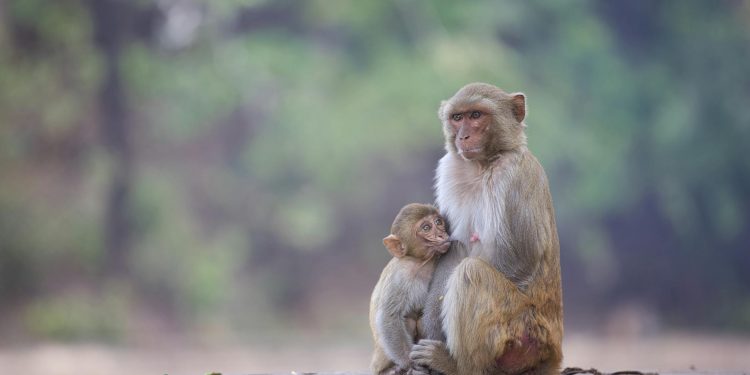In a significant advancement in the field of cloning, Chinese researchers have successfully cloned a rhesus monkey. This milestone, reported by the BBC, represents a major step forward in primate cloning technology, over two decades after the first mammal, Dolly the sheep, was cloned. The cloning of the rhesus monkey is particularly noteworthy due to its physiological similarities to humans, making it a valuable model for medical research, including expedited drug testing.
Previous attempts at cloning a rhesus monkey have been fraught with challenges, often leading to no births or the early demise of the offspring. Cloning, unlike sexual reproduction which combines genes from two parents, involves creating a genetically identical copy of a single animal using specialized techniques.
Dolly the sheep, the first successfully cloned mammal, was created in 1996 through a process where scientists reprogrammed skin cells from another sheep to develop into embryos. These embryos were then implanted into a surrogate mother. The success of Dolly’s cloning marked a pivotal moment in scientific research.
Echoing this process, the Chinese researchers, as detailed in their report published in Nature Communications, applied a similar technique to clone the rhesus monkey. Remarkably, the cloned monkey has remained healthy for over two years, affirming the success of the cloning process.
Dr. Falong Lu, from the University of Chinese Academy of Sciences, shared the team’s joy at this breakthrough, as reported by BBC News. However, the cloning has sparked ethical debates. The UK’s Royal Society for the Prevention of Cruelty to Animals (RSPCA) expressed concerns, arguing that the potential animal suffering involved in such experiments may outweigh immediate benefits to human patients. This cloning achievement has opened the door to new scientific possibilities while also raising important ethical considerations.



























